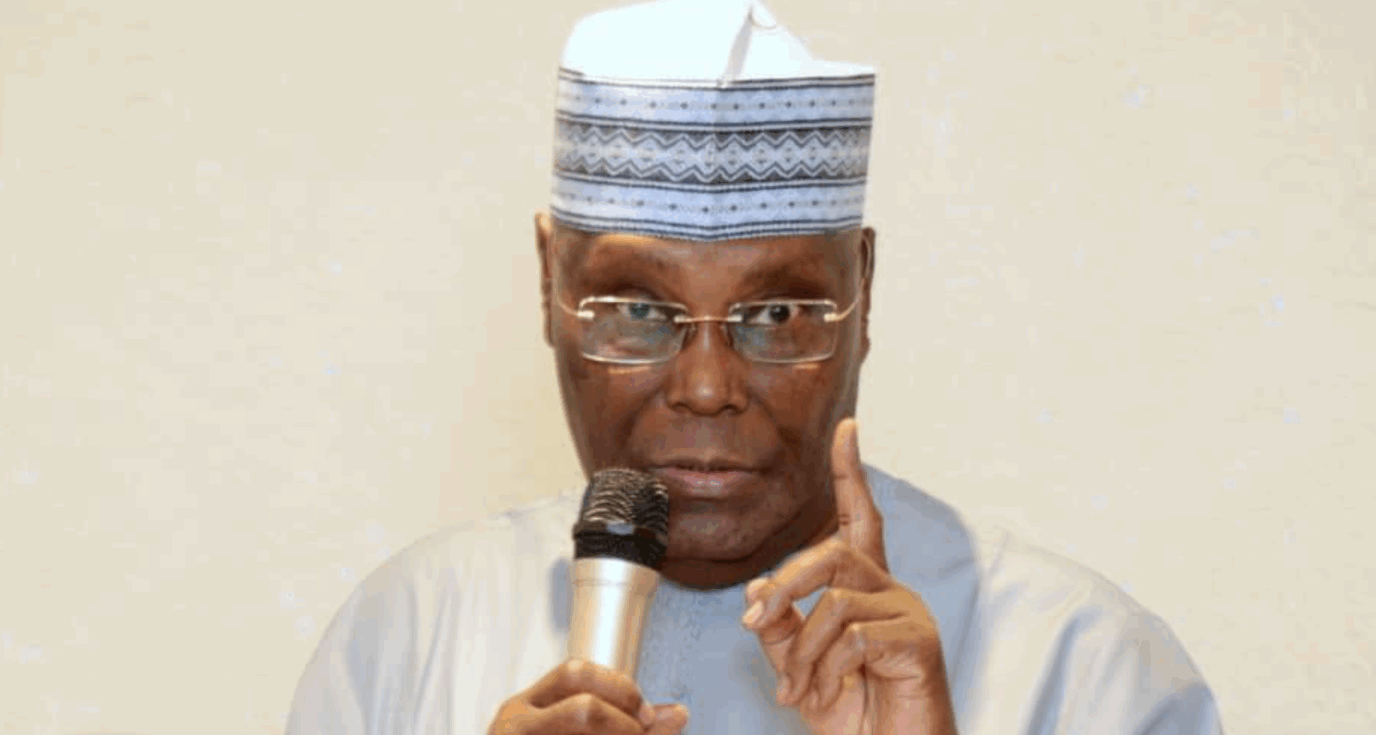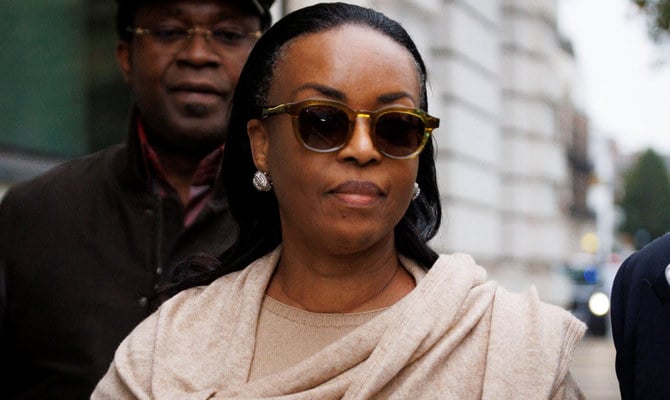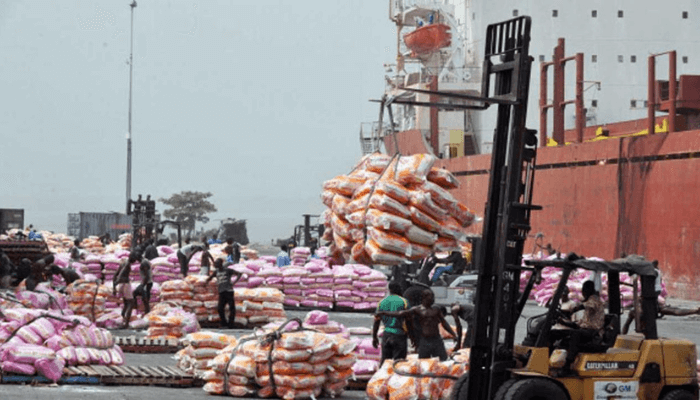Nigeria’s economy recorded a significant upturn in foreign capital inflows in the first quarter of 2025, driven largely by an influx into the banking and finance sectors. According to data released on Tuesday by the National Bureau of Statistics (NBS), total capital importation rose to $5.64 billion, reflecting a 67.12 per cent year-on-year increase from the $3.38 billion recorded in the same period of 2024.
The latest data point to a cautiously optimistic start to the year, buoyed by improved portfolio investment activity and a modest resurgence in investor confidence. However, beneath the headline growth figures, the data reveals a complex and uneven landscape, with the banking sector outperforming sharply while manufacturing continues to falter.
Banking Dominates Capital Flows
At the heart of the Q1 2025 capital importation surge lies Nigeria’s banking sector, which attracted $3.13 billion, accounting for 55.44 per cent of total inflows. This marks the highest contribution by any single sector during the review period.
Notably, this performance correlates with the dominance of portfolio investments, which made up 92.25 per cent of all capital inflows, amounting to $5.20 billion. Portfolio capital, known for its volatility and sensitivity to short-term returns, tends to favour liquid sectors with quick exit options, a characteristic more readily associated with financial services than with fixed, long-term investments such as manufacturing.
The surge in capital importation into banking was bolstered by strong performances from key financial institutions. Standard Chartered Bank Nigeria Limited led the pack with $2.10 billion in inflows, followed by Stanbic IBTC Bank Plc with $1.40 billion, and Citibank Nigeria Limited with $1.05 billion. Together, these three institutions accounted for over 80 per cent of all banking sector inflows.
This consolidation around a few high-capacity banks suggests that foreign investors continue to favour institutions with established international linkages, strong governance structures, and robust risk management frameworks.
Manufacturing Faces Continued Headwinds
In stark contrast to the banking sector’s gains, the manufacturing industry experienced a sharp downturn in capital importation. The sector attracted just $129.92 million in Q1 2025, a 32.31 per cent decline from $191.92 million in the same quarter last year. Its share of total capital inflow also dwindled from 5.68 per cent to 2.30 per cent year-on-year.
The loss of $62 million in capital importation into manufacturing is especially striking given the broader increase in national capital inflows. It underlines persistent structural challenges in the sector and raises questions about Nigeria’s ability to diversify its economy away from finance and extractive industries.
This weakness is not entirely unexpected. Over the 2023–2024 period, several multinational manufacturing firms exited the Nigerian market, citing unsustainable costs, exchange rate instability, and unpredictable policy environments. The introduction of sweeping economic reforms under President Bola Ahmed Tinubu, including the unification of the foreign exchange market and fuel subsidy removal, led to a spike in inflation, erosion of consumer purchasing power, and tightened margins for manufacturers.
According to the Manufacturers Association of Nigeria (MAN), these conditions significantly weakened production capacity. In 2024, the value of unsold finished goods rose by 87.5 per cent to ₦2.14 trillion, signalling demand-side stagnation and inventory pile-ups.
Though the NBS notes a 27.9 per cent half-year decline in unsold inventory in early 2025, a possible indication of gradual adjustment in pricing and distribution, capital inflows remain subdued. Industry observers argue that without targeted fiscal incentives, improved power supply, and infrastructure upgrades, the manufacturing sector will struggle to attract long-term foreign investment.
Foreign Direct Investment Still a Weak Link
While overall capital importation rose, foreign direct investment (FDI), considered the most stable and beneficial form of external capital, remained marginal. FDI inflows stood at $126.29 million, far behind portfolio investment ($5.20 billion) and other investment ($311.17 million) categories.
This persistent underperformance in FDI reflects investor hesitancy to commit long-term capital to the Nigerian economy. Structural bottlenecks, including policy inconsistency, bureaucratic red tape, currency volatility, and security concerns, continue to make Nigeria a high-risk destination for fixed capital investments.
This trend also raises concerns about the quality of capital being imported. Portfolio investments, though vital for liquidity and market depth, are also susceptible to rapid reversals in times of political or economic instability. Without an increase in FDI, Nigeria’s economic resilience to external shocks remains limited.
Geographic Concentration Highlights Regional Disparities
The capital inflows also highlight regional imbalances. Abuja (Federal Capital Territory) was the top recipient of capital, attracting $3.05 billion or 54.11 per cent of the total. Lagos State followed with $2.56 billion or 45.44 per cent.
Together, the two regions accounted for nearly 100 per cent of capital importation, further entrenching the spatial concentration of economic opportunities in Nigeria. Other states, including Ogun ($7.95m), Oyo ($7.81m), and Kaduna ($4.06m), received negligible inflows, less than one per cent combined.
These numbers underscore the need for decentralised investment incentives, particularly for industrial and agro-processing hubs outside the main urban corridors. Regional economic development remains hampered by infrastructural deficits, insecurity, and inconsistent state-level policies.
Investor Origins: Dominance of the UK
From the origin side, the United Kingdom emerged as Nigeria’s top source of foreign capital, contributing $3.68 billion or 65.26 per cent of total inflows. South Africa and Mauritius followed at a distance, with $501.29 million and $394.51 million, respectively.
This concentration reflects longstanding financial ties between Nigeria and its former colonial power, as well as the UK’s continued role as a global financial intermediary. The presence of British financial institutions and wealth management firms in Nigerian markets has historically facilitated large capital movements.
However, such reliance also exposes Nigeria to external geopolitical risks. Any macroeconomic turbulence in the UK, including interest rate hikes or post-Brexit trade adjustments, could reverberate through Nigeria’s financial system.
Conclusion: Capital Flows Rising, But Unevenly
The Q1 2025 capital importation figures paint a mixed picture. On the surface, the 67.12 per cent year-on-year increase in capital inflows is a promising indicator of renewed international interest in Nigeria’s economy. Yet a deeper analysis reveals persistent sectoral imbalances, geographic concentration, and a reliance on short-term capital rather than long-term investment.
The dominance of the banking and finance sectors, though a sign of market liquidity and institutional trust, is offset by manufacturing’s continued struggle to regain investor confidence. Without structural reforms that lower entry barriers, reduce costs, and enhance policy stability, sectors critical to job creation and industrialisation will remain sidelined.
As Nigeria pushes forward with its economic reforms, the challenge is not only to attract more capital but to ensure that the type, quality, and distribution of investment aligns with long-term development goals.












